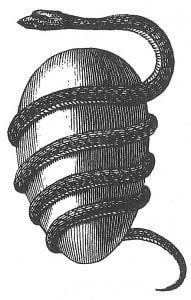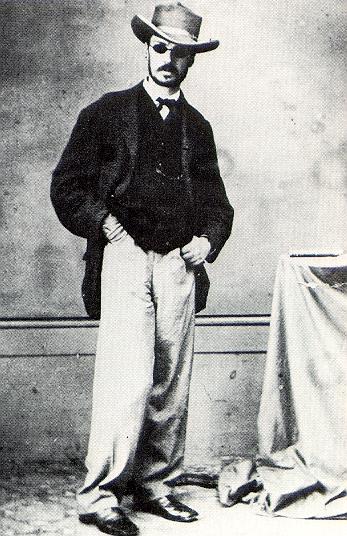The turning of the year is a good time to seek dream guidance on what the next year may hold, and indeed on any important life issues. In cultures that value dreams, there are recognized and recommended methods of dream incubation. Often these include an invocation of a higher power – named or nameless – believed to be the source or guarantor of the guidance sought from the night.
On an ordinary night, I am generally content to set an intention very simply. I might say, Show me what I need to see. Or, I open myself to my creative source. Or, I wish to wake rested and full of energy.
On a big night or a big issue, however, something a little more elaborate may be appropriate. That might include paying attention to what you eat and drink before going to bed, and seeking to clear the mind of the clutter of the day, releasing any stress or bad feelings. It might involve putting a written statement of your intention, or a picture or object that represents it, at your bedside or under your pillow. And it never hurts to ask nicely.
Here’s one way of invoking the dream oracle, inspired by an ancient Greco-Roman Mystery tradition:
Truest of oracles
we honor you.
In dark of night
through silent sleep
whisper in our minds.
Waking, may we remember
with insight to read
our true destinies.
Those mired in the world
never see you, but sense
something they fear.
You give them no warnings,
no counsel. By day
they are sleepwalkers.
Friend to the awakened
fill us with creative fire
inspire us with beauty.
Reveal the hidden
signatures of fate,’
help us avoid suffering.
Give our souls wisdom
to know the will of heaven
and what the future holds.
This is in the spirit of ancient Orphic invocations of the dream oracle, and gives a sense of why dreaming was valued so highly in the ancient Mediterranean world. We see the future in dreams, and learn the will of the divine. After reading a free version of a similar Orphic text by R.C.Hogart – dubbed by him a “mutation” rather a translation – in The Hymns of Orpehus (Phanes Press) I was inspired to carry the improvisation further, so what you are reading here is a mutation of a mutation. For a literal (if dated) translation, see Thomas Taylor, “To the Divinity of Dreams”, Hymns of Orpheus 85 [first published in London in 1792].


